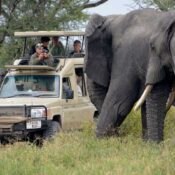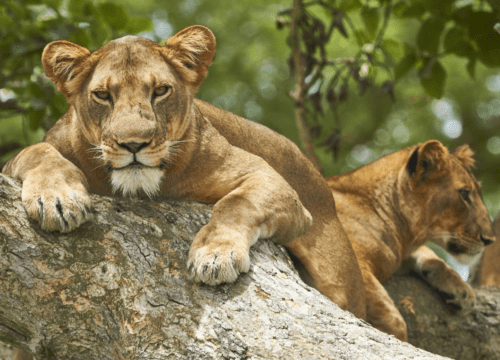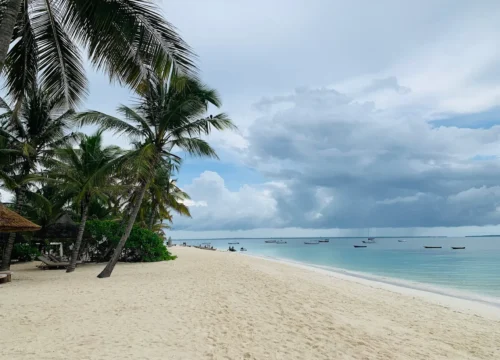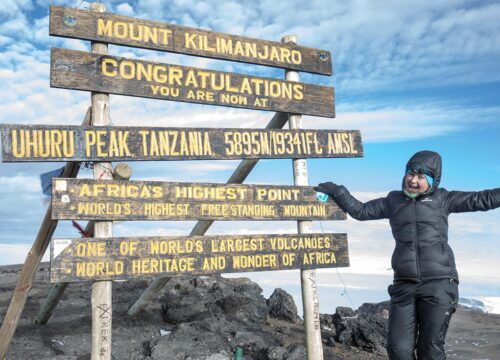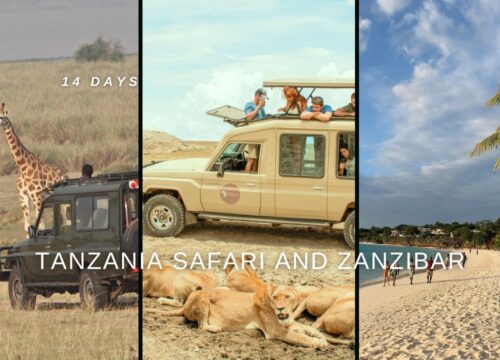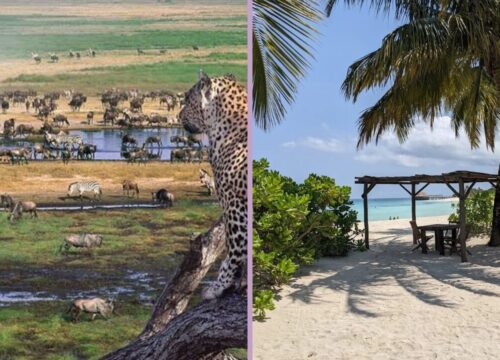River Nile Sports Safari-Uganda.
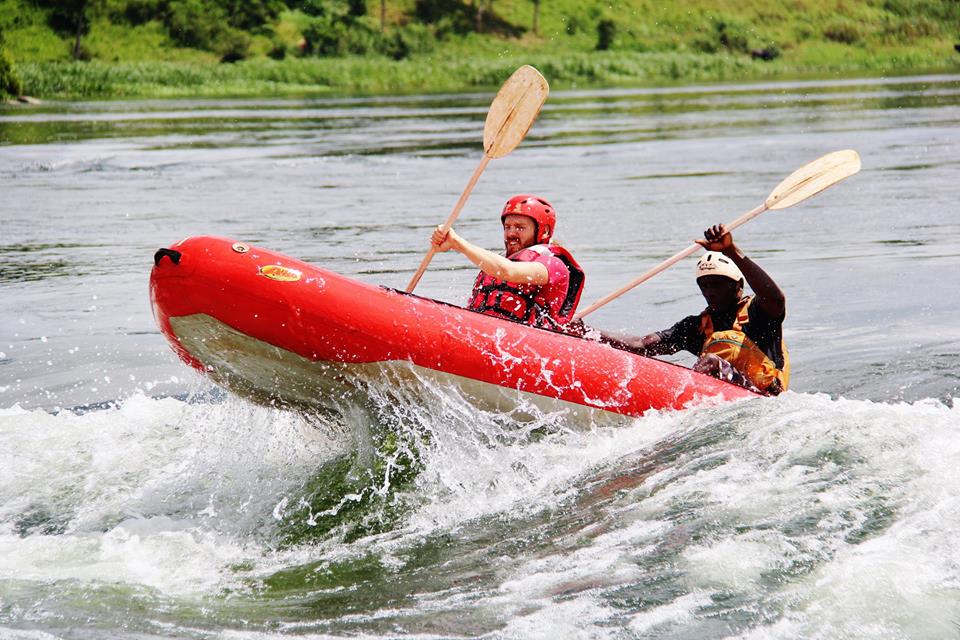
Exploring the Nile on a Sports Safari Adventure
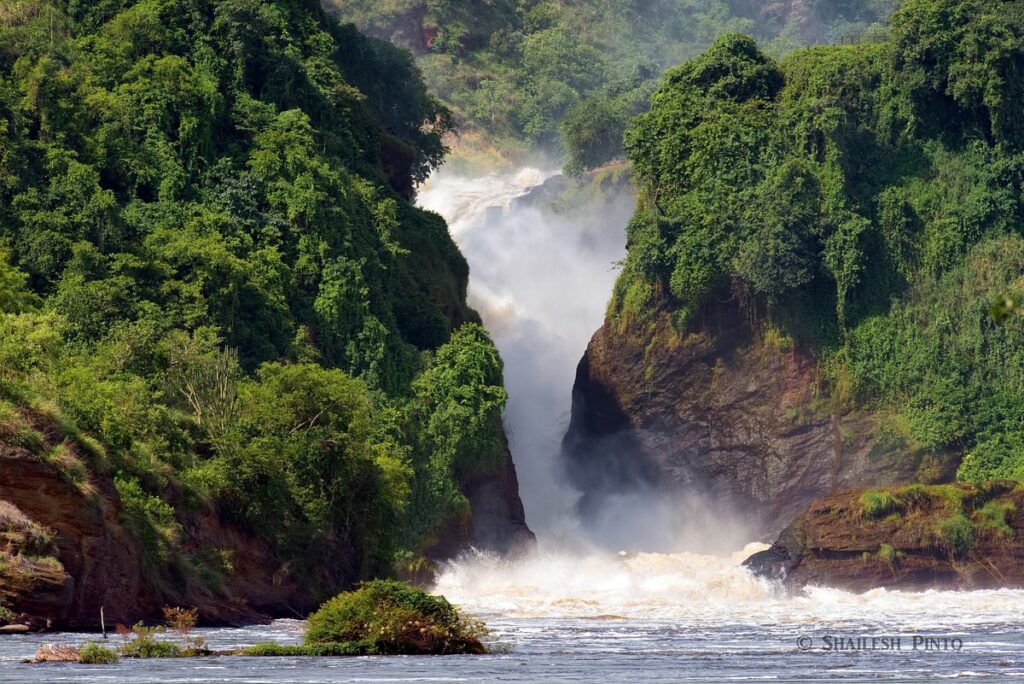
The River Nile, one of the world’s most iconic waterways, has captivated explorers and adventurers for centuries. From its ancient origins in the heart of Africa to its majestic flow through multiple countries, the Nile offers a wealth of experiences for travelers seeking adventure, excitement, and the thrill of sports safaris. In this article, we delve into the concept of a River Nile sports safari, highlighting the diverse array of activities available and the unparalleled beauty of this legendary river.
Exploring the Nile
The River Nile spans over 6,650 kilometers, making it the longest river in the world. Its journey begins in East Africa, where the White Nile and the Blue Nile converge in Sudan before flowing northward through Egypt and eventually emptying into the Mediterranean Sea. Along its course, the Nile sustains a rich tapestry of ecosystems, cultures, and history, providing a stunning backdrop for sports safaris.
Sports Safari Activities
A sports safari along the Nile offers a plethora of activities to suit every adventurer’s tastes. Whether you’re seeking adrenaline-pumping thrills or serene moments of relaxation, there’s something for everyone. Here are some of the top activities to experience:
White Water Rafting
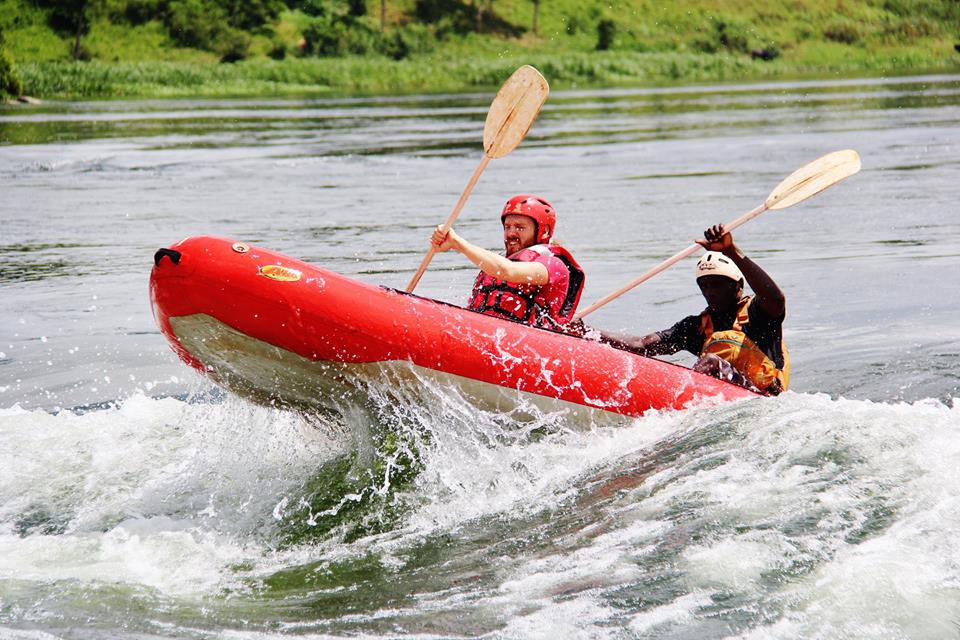
The Nile is renowned for its exhilarating white water rapids, particularly in Uganda and Sudan. White water rafting expeditions take you through challenging rapids, cascading waterfalls, and breathtaking gorges, offering an adrenaline rush like no other. Experienced guides lead these expeditions, ensuring safety while maximizing the thrill of the adventure.
Kayaking
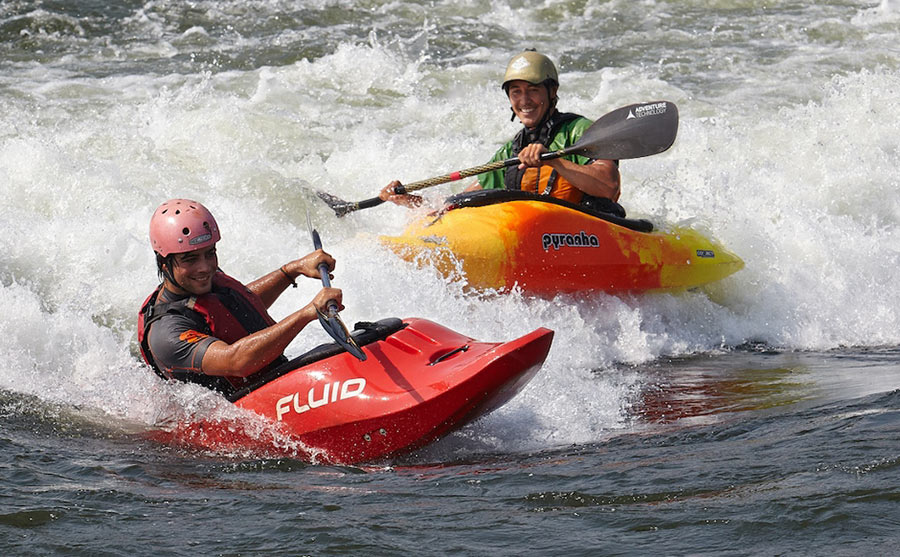
For a more intimate experience with the river, kayaking along the Nile provides an unparalleled opportunity to explore its hidden corners and tranquil stretches. Paddle through lush landscapes, encounter diverse wildlife, and immerse yourself in the serenity of the waterway. Whether you’re a novice or an experienced kayaker, there are routes tailored to your skill level.
Fishing

The Nile is home to a diverse array of fish species, including the legendary Nile perch. Fishing enthusiasts can embark on guided fishing expeditions, casting their lines into the river in pursuit of prized catches. Whether from the banks or aboard a traditional fishing boat, the thrill of reeling in a mighty Nile perch is an experience to remember.
Wildlife Safaris
Beyond its waters, the Nile is surrounded by rich ecosystems teeming with wildlife. Embark on wildlife safaris along the riverbanks or in nearby national parks to encounter iconic species such as elephants, hippos, crocodiles, and a dazzling array of birdlife. Game drives, guided walks, and boat cruises offer opportunities for up-close wildlife encounters and unforgettable photographic moments.
Hot Air Ballooning
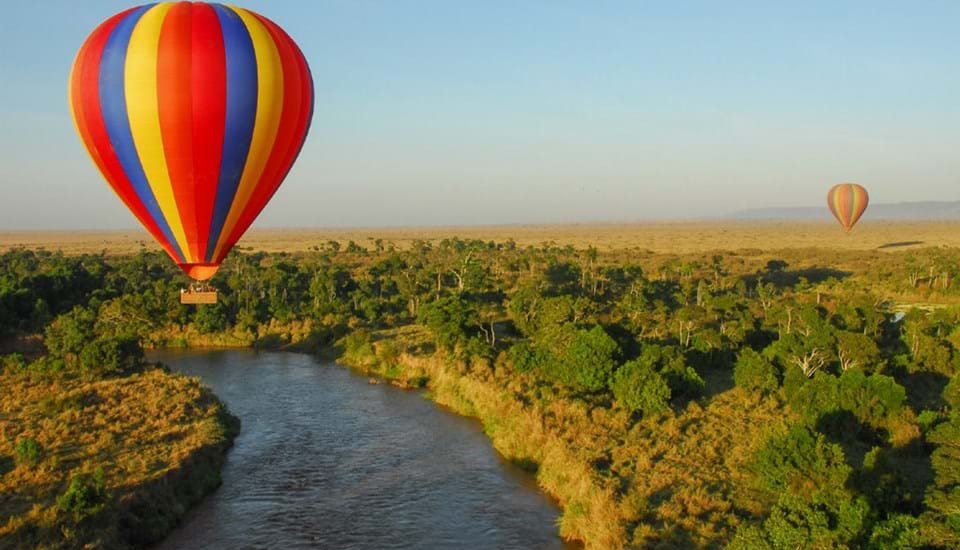
For a truly unique perspective of the Nile, soar high above its meandering course in a hot air balloon. Drift gracefully over lush landscapes, historic sites, and wildlife habitats as the sun rises or sets, casting a golden glow over the river below. Hot air balloon rides provide a peaceful and awe-inspiring way to appreciate the sheer grandeur of the Nile and its surroundings.
Cultural Immersion
A sports safari along the Nile is not just about adrenaline-fueled activities; it’s also an opportunity to immerse yourself in the rich cultural heritage of the region. Visit ancient temples, archaeological sites, and vibrant markets to gain insight into the civilizations that have flourished along the river for millennia. Engage with local communities, sample traditional cuisine, and participate in cultural ceremonies to deepen your connection to this storied waterway.
A River Nile sports safari offers a unique blend of adventure, nature, and culture, making it a must-do experience for intrepid travelers. Whether you’re navigating white water rapids, kayaking through serene landscapes, or marveling at wildlife along the riverbanks, the Nile never fails to captivate and inspire. Embark on this unforgettable journey to discover the magic of Africa’s greatest river and create memories to last a lifetime.
Where is River Nile?
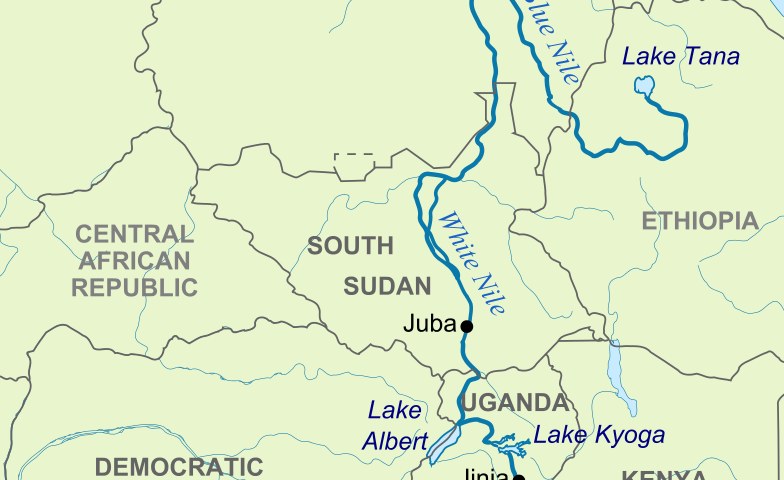
The River Nile is located in northeastern Africa, spanning multiple countries along its course. It is generally considered to have three main tributaries that is the Victoria Nile, White Nile and the Blue Nile.
The Victoria Nile originates from Lake Victoria in Uganda, and it flows northward to Lake Albert. Then the White Nile originates from the Albertine Graben and flows northwards through South Sudan, eventually merging with the Blue Nile in Sudan near the capital city of Khartoum.
The Blue Nile, on the other hand, begins from Lake Tana in Ethiopia. It flows westward and then northwestward, joining the White Nile in Sudan.
From the confluence of the White Nile and the Blue Nile in Sudan, the River Nile continues its journey northward through Egypt, eventually emptying into the Mediterranean Sea.
Overall, the River Nile traverses a diverse range of landscapes, cultures, and ecosystems, making it one of the most iconic and significant rivers in the world.
What is the best time to visit River Nile?
The best time to visit the River Nile depends on the specific activities you plan to undertake and the regions you intend to explore along its course. However, there are general considerations to keep in mind when planning your trip.
Weather
The weather along the Nile varies depending on the country and region. In Egypt, for example, the climate is typically hot and dry, with peak temperatures during the summer months (June to August). For those sensitive to heat, visiting during the cooler months of autumn (September to November) or spring (March to May) may be more comfortable.
In contrast, countries like Uganda and Sudan experience a tropical climate, with wet and dry seasons. Consider the weather patterns of your chosen destination when planning your visit.
Water Levels
For water-based activities such as white water rafting or kayaking, it’s essential to consider the water levels of the Nile. In Uganda, for instance, white water rafting on the Nile is best during the dry season (December to February and June to August) when water levels are lower and rapids are more challenging. In contrast, the wet season (March to May and September to November) may see higher water levels, affecting the intensity of water sports.
Wildlife Viewing
If your goal is wildlife viewing, consider visiting during the dry season when vegetation is sparse, and animals tend to gather around water sources, making them easier to spot. However, keep in mind that wildlife viewing opportunities may vary depending on the region and specific habitats along the Nile.
Cultural Events and Festivals
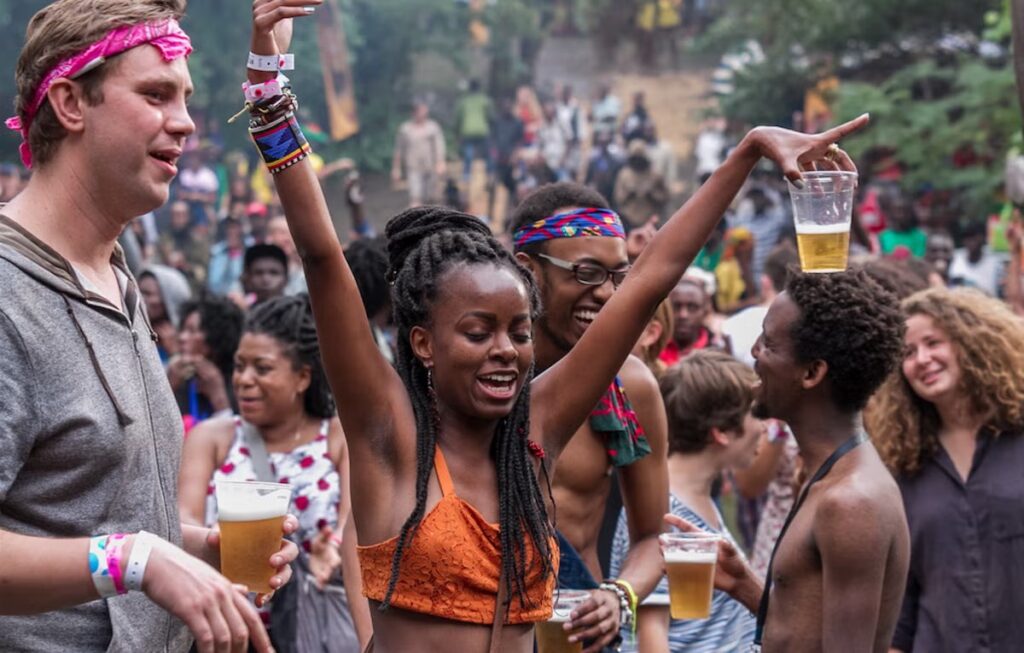
Research local cultural events and festivals along the Nile when planning your visit. Attending festivals or cultural celebrations can provide valuable insights into the traditions and heritage of the communities living along the river. Check event calendars and plan your trip accordingly to coincide with these special occasions.
Crowds and Prices
Consider the peak tourist seasons and associated crowds and prices when planning your visit. In Egypt, for example, tourist numbers tend to peak during the winter months (November to February), while prices may be lower during the shoulder or off-peak seasons.
Ultimately, the best time to visit the River Nile depends on your preferences, interests, and the specific experiences you wish to have. Whether you’re seeking adventure sports, wildlife encounters, cultural immersion, or simply a scenic journey along this iconic river, careful consideration of these factors will ensure a memorable and enjoyable trip.
GENERAL INFORMATION ON A UGANDA SAFARI
ENTRY REQUIREMENTS:All visitors to Uganda must have a valid passport with at least 4 consecutive blanks pages. Any applicable visa and/or relevant documentation are the responsibility of the traveller. For further information on Visa requirements visitors are advised to contact their nearest Uganda Embassy or Consulate.LANGUAGE: EnglishTIME: GMT +3VOLTAGE:220 Volts/AC50Hz. Sockets are UK style, 3 pin square plugs. Power is from the government in the city/major towns and generator with inverter back up in the Safari Lodges and Camps.CURRENCY:Foreign currency must be changed at the Bank, Bureau de Change, and Hotel/Safari lodge/Camp/Resort. Major Credit Cards, Master card, Visa, American Express, are usually accepted throughout the country. Where credit cards are accepted, the payment will normally be recorded in US$ regardless of the card’s default currency.CLOTHING: Dress is mainly informal and should be comfortable as well as practical. Something warm should be brought along for early morning and evenings. Safari clothes are available from hotels/lodges/camps.BAGGAGE: Where possible, travel light. Baggage space on safari is limited to medium suitcase or soft bag per person plus reasonable amount of hand luggage. There is 15 Kilogram per person limit on all flights to the wildlife sanctuaries. Excess luggage must be stored in your arrival hotel.WATER: You will find many different of opinion of what is safe and what is not. We recommend for peace of mind, to drink local Bottled Mineral water. It is important to drink plenty of water especially during the hotter months. We would recommend that guests drink at least 2 to 3 liters of water per day to limit the effects of dehydration.HEALTH; East Africa is a safe and secure destination; however, it is a good idea to take a few precautions. Kindly consult your GP or local doctor at least 6 weeks before you travel, with regards: Malaria prophylactics. East Africa is a known malaria area and preventive measures are essential. You are advised to take one of the recommended anti-malarial drugs. Be sure to wear long sleeved shorts and trousers after sunset and spray the exposed parts of your body with a mosquito repellent spray Remember to protect yourself from direct sun rays with sunscreen cream or safari hat.DIETARY REQUIREMENTS: For those guests with specific dietary requirement, please ensure we are notified prior to travelGRATUITIES: As a guideline and dependent on how happy you are, we would suggest the following: The General Hotel/Lodge/Camp Staff – Approximately U$ 10.00 per person per day Driver Guides – Approximately US$ 15.00 to US$ 20.00 per person per day.PHOTOGRAPHY: Please be careful when photographing public buildings, airports, bridges, the national flag and people in uniform. Ensure that you have sought permission before photographing local people and their villages. If in doubt, please check with your guide.Book a Customized Safari
Read about
10 Things you Should NOT DO on an African Safari.
What to expect on a safari in Uganda.
Bwindi Impenetrable National Park
How to Choose the Best Tour Operate for Your Safari in Africa
12-Day Gorilla Tracking in Bwindi
Some of our Gorilla and wildlife Safaris
1 Day Jinja Ultimate tour Experience
1 Day White Water Rafting in Jinja
3 Days Bwindi Gorilla Habituation via Rwanda
3 Day Birding Safaris and Photography in Uganda
3 Day Safari to Queen Elizabeth National Park
3 Day fly in Gorilla Trekking Safari from Masai Mara
3 Day Grand Gorilla Trekking Safari
4 Day Chimpanzee and Gorilla Trekking Safari
Recent Posts
Victoria Falls Safari with Tanzania Extension
Last Minute Deals
Quick booking process
+49 1575 4711313

